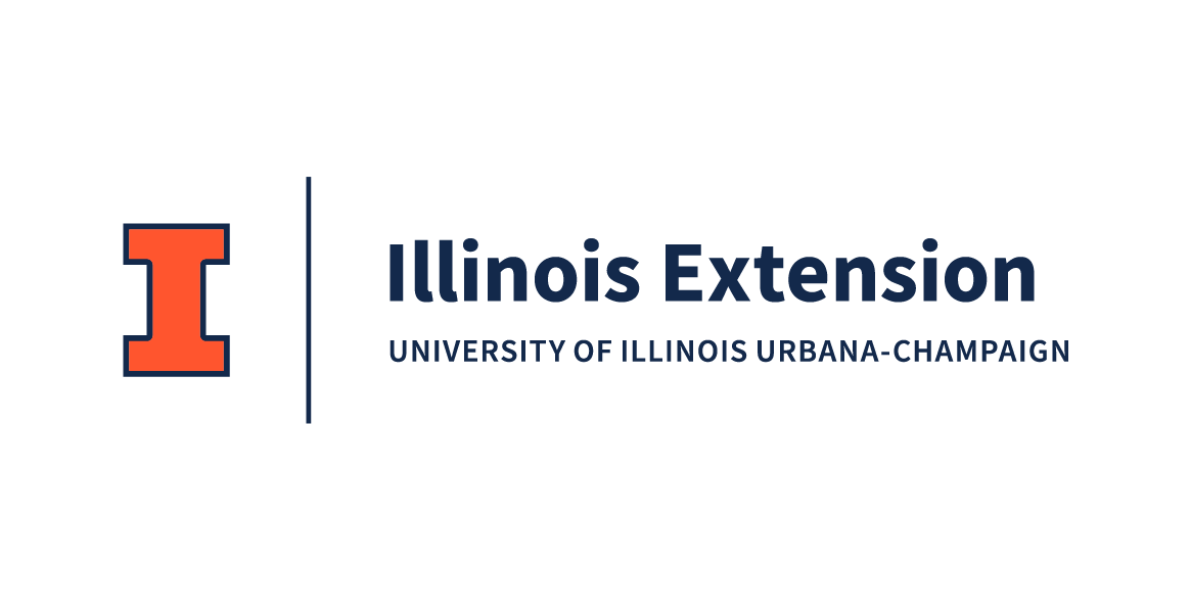I’ve spent decades working the land near Maple Park, Ill. I grow soybeans and corn, just like thousands of other farmers across this state. But now, our economic security and our ability to contribute to our state’s successful clean fuel strategy is in jeopardy. For more than a year, lawmakers have been considering misguided legislative measures to establish a statewide Low Carbon Fuel Standard (LCFS) inspired, not surprisingly, by yet another costly California environmental policy experiment.
Last year, myself and members of Illinois Soybean Growers (ISG) took a mission trip to the West Coast, where we were able to tour several farms, speak with California farmers and meet with the California Air Resources Board to learn more about LCFS legislation. We came away from this mission trip feeling frustrated that there was not more science to support this movement; rather, it felt very agenda-driven.
Passing an LCFS measure in Illinois could devastate farmers like me. This policy, which has already failed in California, would raise fuel costs, increase taxes and eliminate jobs in our biodiesel industry. If Illinois adopts this measure, it would make farming more expensive and less competitive—drying up our market for renewable energy, imposing exorbitant taxes on already-expensive fuels in Illinois and likely driving some farmers out of business.
One of the biggest concerns with the LCFS is the additional cost it would impose on fuel. At a minimum, our estimates indicate this could mean another 10% fuel cost increase. That could tally up to additional taxes of $10,000 or more on Illinois farmers.
Conflicting language in the legislation suggests the new law could be applied to on-farm, off-road fuel use as well as on-road fuel use. Although aviation, ocean-going vessels, and rail are the only off-road sectors explicitly exempted, farmers are not excluded from additional off-road fuel tax. With already volatile markets, unpredictable weather and rising input expenses, these fuel cost increases could further strain farm operations by driving up the cost of essential supplies and production. Illinois farmers cannot absorb another financial blow.
California’s Mistakes Shouldn’t Be Illinois’ Future
We don’t have to speculate about what this policy would do to Illinois because we’ve already seen it play out in California. The LCFS drove fuel prices in the state to the highest level in the entire nation. The cost of living skyrocketed, farmers and other businesses suffered, and many people left the state altogether. Why on earth would Illinois voluntarily follow that path?
Soy-based and biomass-based diesel dropped from over 50% of market share to under 15% of the market share. Because California holds such weight, this has caused biodiesel facilities in three surrounding states to close in 2024—hurting markets for Illinois soybean oil.
We need to educate members of the Illinois General Assembly with a clear, unified message: Don’t put us out of business by adding more taxes and regulation. Leave California’s risky policies in California.
The Threat Is Real
Last year, bills were drafted in both houses of the General Assembly. The measures would have established a clean transportation standard to reduce carbon intensity in the on-road transportation sector by 20% by 2038. Some interest groups want to increase those numbers to over 25%. Although this might sound good in theory, in practice, it’s another costly, ill-conceived policy that will increase fuel costs and put even more pressure on Illinois farmers. Although aviation fuel would be exempt, soy-based biodiesel would not, which means farmers will lose yet another key market for our soybeans.
Illinois soybean farmers cannot afford to sit back and watch this happen. We need to educate lawmakers about the real consequences of this legislation. It is time for us to speak out—loudly and assertively. Our elected officials must understand that their decisions impact our livelihoods, our families and our communities. Informed by facts, the General Assembly should reject this California-inspired policy fiasco.
Killing Jobs, Harming Communities
This isn’t just about farmers— it’s about the thousands of jobs the biodiesel industry supports. Illinois’ biodiesel sector provides 2,000 good-paying jobs and generates over $1 billion in household income. If this tax hike goes through, those jobs could disappear overnight. The ripple effect would be devastating, not just for workers in the biodiesel industry but for rural communities that rely on agriculture to survive.
We’ve already seen major corporations and some policymakers push agriculture aside in favor of electric vehicle mandates and carbon credit schemes that ignore the real needs of farmers. The California LCFS has even promoted feedstocks imported from China and Southeast Asia over American soybean oil. Now, they want to add another burden by stripping away the incentives that support Illinois biodiesel—a clean, renewable fuel that benefits both the environment and our economy. These incentives alone reduce the price of biodiesel blends by up to 36 cents per gallon at the pump.
Another major risk of this policy is its potential impact on fuel choice. Higher fuel costs could limit our options, forcing farmers to pay even more for fuel while making it harder to access alternatives such as biodiesel. It could also force biodiesel and renewable diesel production with fuels made with tallow and used cooking oil, which are lower quality and gel much more easily in the winter. Illinois farmers already spend a significant portion of their budget on fuel, and this legislation would only add to that burden.
Farmers are facing many threats to soybean oil-derived biofuel markets. We must remain vigilant about these threats that are on the horizon. This includes the potential to reduce soybean oil-derived biodiesel volumes from the U.S. Renewable Fuel Standard (RFS). Recent legislation, which codifies year-round E15, was negotiated with the petroleum industry to include small refinery exemption (SRE) waivers totaling over 400 million Renewable Identification Numbers (RIN) credits used to track renewable fuel production and compliance under the RFS program. Granting year-round E15 with the expense of SREs leads to overall biofuel demand destruction and is harmful to the entire domestic biofuel value chain.
Several biodiesel facilities in the Midwest—production locations that use soybean oil feedstocks—have already closed their doors, and this legislation will create a dire economic situation for the industry and further loss of jobs. Crush demand has weakened significantly and concerns about the industry have risen to very high levels.
Soybean oil-derived, biomass-based diesel is being targeted on several fronts, and if anti-agriculture interest groups are successful, we as farmers will undoubtedly feel increased economic impacts as demand falls short.
Farmers Must Take a Stand
Illinois farmers are already facing enough challenges. Approving a West Coast-style LCFS would add another costly layer of taxes and regulation that we simply cannot afford. These policies threaten our ability to make a living, support our families and contribute to the state’s economy. We must stand together and demand that our lawmakers reject these harmful pieces of legislation.
Here’s what you can do: Call your state legislators and tell them to learn more about the likely harm caused by passage of LCFS legislation. Join the Illinois Soybean Growers’ advocacy efforts to actively push back against this type of LCFS policy. And help us spread the word in your community—talk to other farmers, business owners and local officials about how these policies will hurt our industry.
This isn’t just about soybeans or fuel—it’s about the future of farming in Illinois. If we don’t act now, we risk cutting even deeper into the thin operating margins of our states farm families who have sustained our communities for generations.
We cannot afford to let Illinois become the next California. Let’s fight to keep Illinois agriculture strong by speaking out about this misguided LCFS scheme. Our livelihoods depend on it.
Recent Articles
TikTok sensation Jackson Laux, age 9, partners with John Deere to inspire agriculture's future.
By IL Field & Bean Team
From cutting-edge research to hands-on support, discover the vital role Extension plays in improving farm operations and advancing Illinois agriculture.
By Talon Becker, Commercial Agriculture Specialist, University of Illinois Extension


